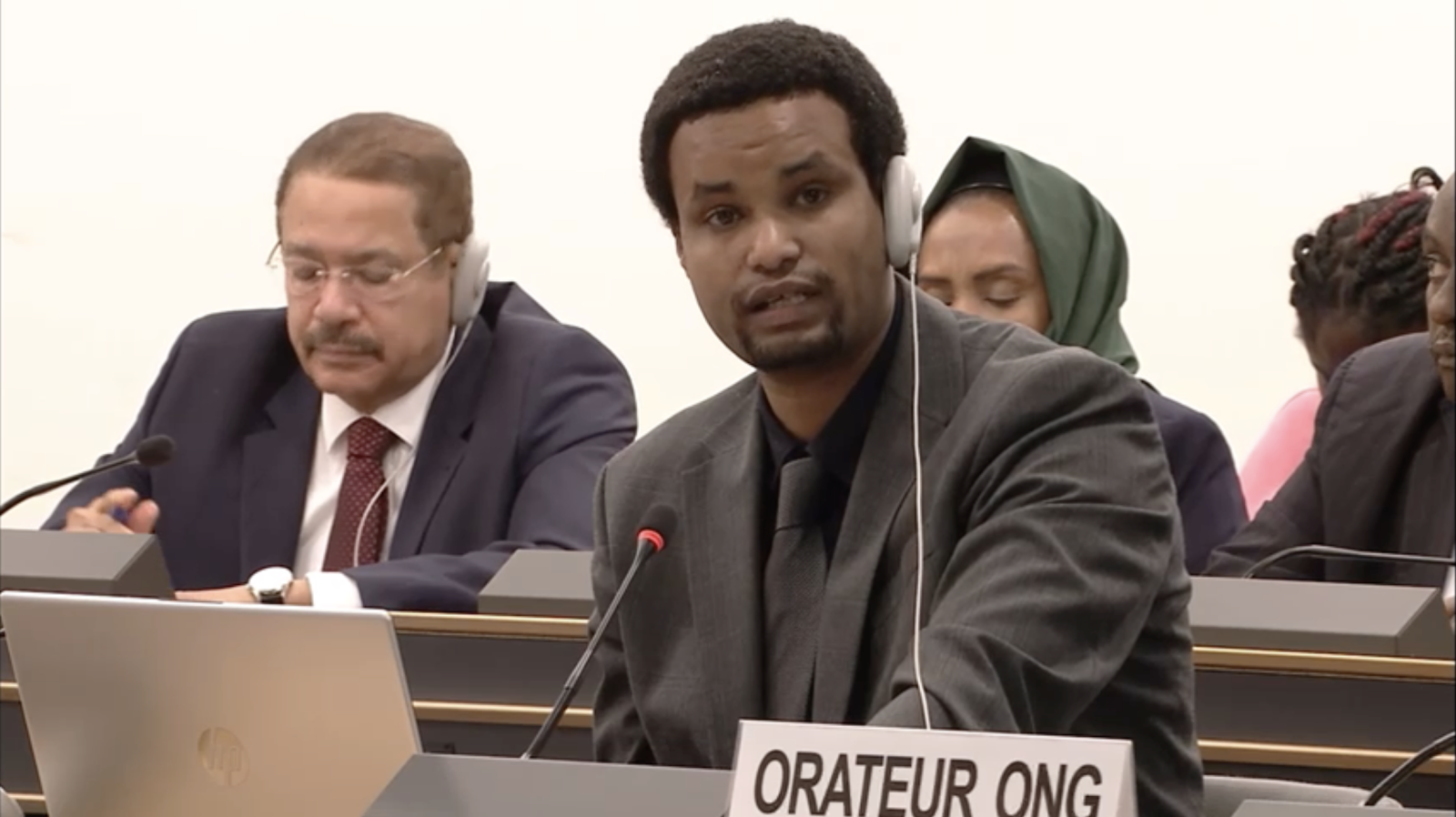The 60th Session of the UN Human Rights Council
08 September - 08 October 2025
(25th September 2025)
Item 6: UPR outcome of Kiribati
By Elisa Goislard Nguyen / GICJ
We thank the government of Kiribati for its continued engagement with the UPR process and the significant progress it has achieved since the last review. Notably, we commend the important legislative measures state leaders have taken to strengthen the protection of marginalized groups, particularly women, who have historically been sidelined in social protection efforts. The amendments to the Family Peace Act of 2014, and the creation of local initiatives such as the Peaceful Village Project—successfully implemented in South Tarawa from 2018 to 2023—represent significant steps forward in protecting women and victims of sexual violence. We also welcome the efforts undertaken to address child labour and child prostitution, as well as the joint work with the International Labour Organization to enhance protections for migrant workers.
Kiribati's accession to both the Rome Statute of the International Criminal Court and the Convention against Torture in August 2023 underscores its commitment to upholding international legal standards—and marks a historic milestone as the first Pacific Island nation to submit a report to the Committee against Torture. As a nation at the forefront of the climate crisis, we further commend Kiribati's adoption of the Joint Implementation Plan and the Disaster Management and Climate Change Act, which leverage indigenous knowledge to build cost-effective sea walls and plant mangroves to protect shores and mitigate future climate-related catastrophes.
Nevertheless, we remain concerned by the persisting nature of sexual and gender-based violence, and are troubled by the narrow constitutional safeguards for women. Women’s access to decision-making positions remains limited, and the citizenship law still prevents women from conferring nationality. While we note that the immediate threats posed by climate change to water, health, and food security place significant human and financial restraints, we nonetheless urge Kiribati to strengthen civil rights, enhance non-violent policing efforts, expand donor networks to strengthen human rights mechanisms, and prioritize transparent engagement with civil society.
Thank you.








